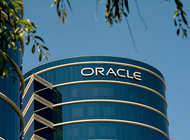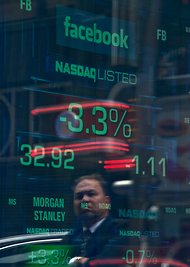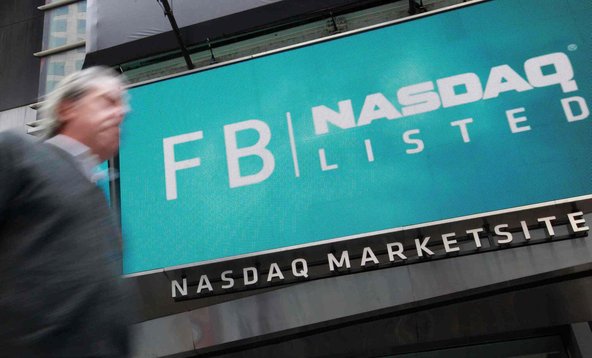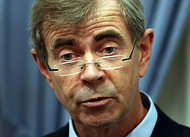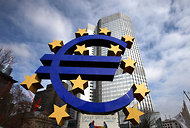LONDON — The private equity firm Silver Lake and the investment management company Partners Group agreed on Thursday to buy Global Blue, a tax-free shopping business, for 1 billion euros.
The deal, valued at about $1.25 billion, is one of the largest private-equity-backed leveraged buyouts in Europe this year. Private equity firms have completed debt-funded European acquisitions worth a combined $15.3 billion in 2012, a 35.5 percent decline from the period a year earlier, according to the data provider Dealogic.
Silver Lake and Partners Group are buying Global Blue from the private equity firm Equistone, which paid 360 billion euros for the company in 2007. Equistone previously was called Barclays Private Equity until it was acquired by its management team in 2011.
The deal will give the new owners of Global Blue access to the increasingly important luxury traveler market, as wealthy individuals from emerging markets and developed countries continue to spend despite the global financial crisis.
Global Blue, based in Nyon, Switzerland, has operations in more than 41 countries and works with about 270,000 retailers, according to the company’s Web site. Its businesses include tax-free shopping as well as financial transactions and foreign exchange services.
“Silver Lake and Partners Group’s impressive Asian footprints will also bolster Global Blue’s expansion initiatives in that important region,” Silver Lake’s managing director, Christian Lucas, said in a statement.
Article source: http://dealbook.nytimes.com/2012/05/24/silver-lake-and-partners-group-to-buy-global-blue-for-1-25-billion/?partner=rss&emc=rss

